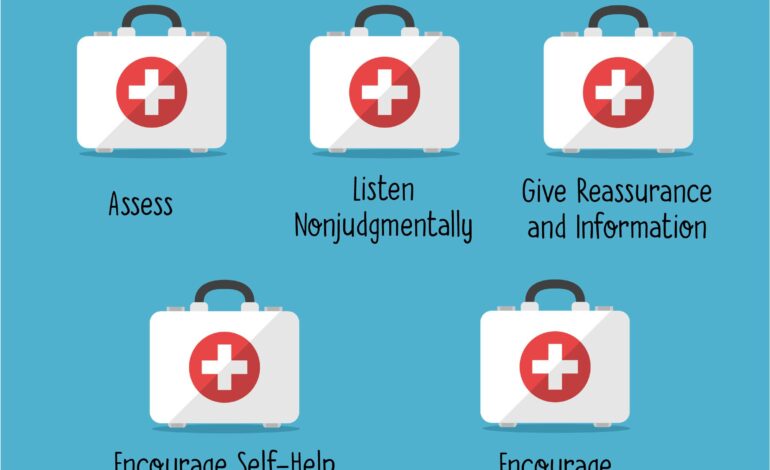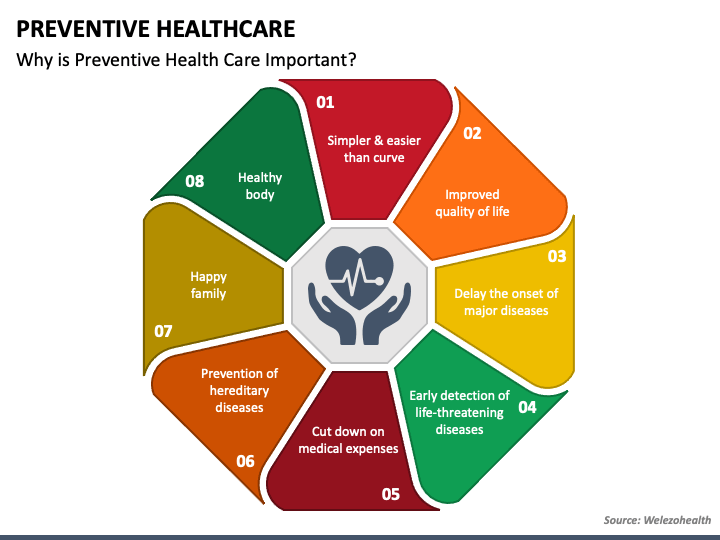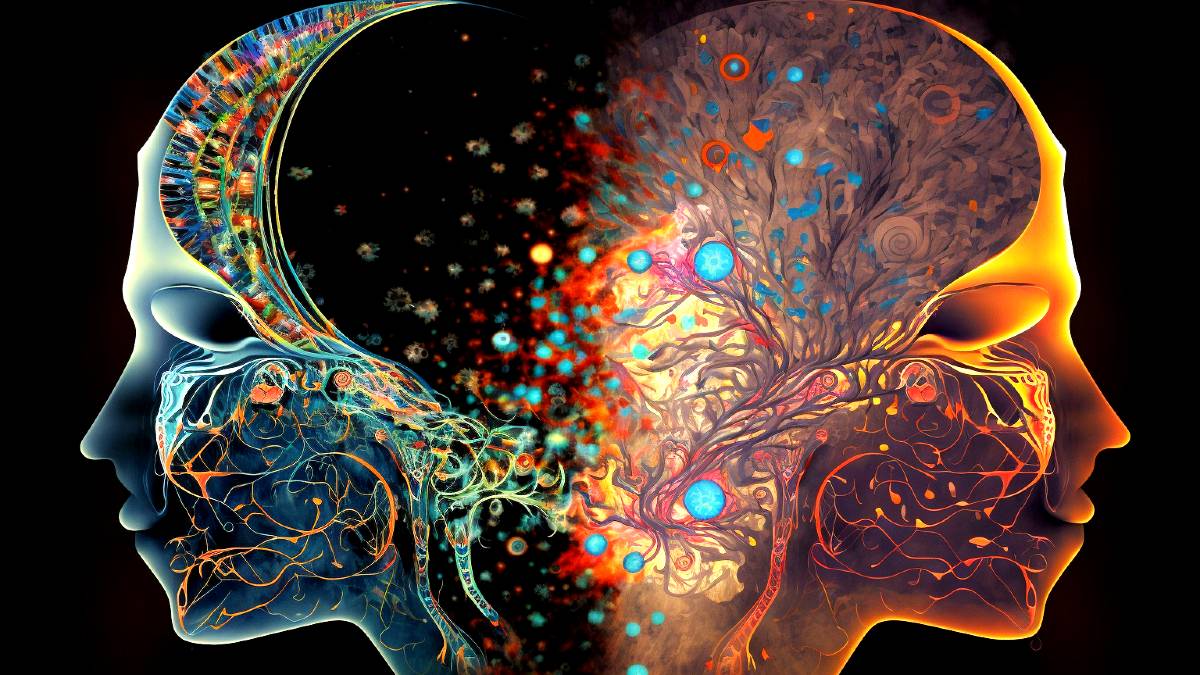Mental Health First Aid: Be Prepared to Help

Mental Health First Aid: What Everyone Should Know
We all learn basic first aid – how to handle a cut, a burn, or even CPR. But what about when the emergency isn’t physical? What do you do when someone is experiencing a mental health crisis? That’s where Mental Health First Aid (MHFA) comes in. It’s a vital skill set that empowers individuals to offer initial help to someone who may be struggling with their mental wellbeing, and it’s becoming increasingly recognized as essential for everyone.
What *is* Mental Health First Aid?
Mental Health First Aid isn’t about diagnosing or providing therapy. It’s about recognizing the signs and symptoms of mental health challenges and offering initial support until professional help can be obtained. Think of it like this: if someone were having a heart attack, you wouldn’t attempt to perform open-heart surgery. You’d call emergency services. MHFA is similar – it’s the initial help provided until a mental health professional can intervene.
The course, developed originally in Australia, teaches participants a practical action plan – often summarized as ALGEE – to help someone experiencing a mental health problem or crisis. We’ll break down ALGEE later in this post.
Why is Mental Health First Aid Important?
The statistics are sobering. One in five adults experiences a mental illness in any given year. And sadly, many people are reluctant to seek help due to stigma, fear of judgment, or simply not knowing where to turn. This is where MHFA can make a huge difference. By equipping more people with the knowledge and skills to recognize and respond to mental health concerns, we can:
- Reduce stigma: Talking openly about mental health and knowing how to offer support helps break down the barriers that prevent people from seeking help.
- Improve early intervention: Early intervention is crucial for many mental health conditions. The sooner someone receives support, the better their chances of recovery.
- Save lives: In some cases, mental health crises can be life-threatening. Knowing how to respond can potentially save a life.
- Create a more supportive community: MHFA fosters a culture of understanding and compassion, making communities more welcoming and supportive for those struggling with their mental health.
Understanding the ALGEE Action Plan
The core of MHFA training is the ALGEE action plan. Let’s look at each step in detail:

A – Assess for risk of suicide or harm: This is the most critical step. Directly asking someone if they are having thoughts of suicide is okay and can be life-saving. It doesn’t *cause* suicidal thoughts; it opens a dialogue. Look for warning signs like talking about wanting to die, feeling hopeless, withdrawing from others, or giving away possessions.
L – Listen non-judgmentally: Often, the most powerful thing you can do is simply listen. Create a safe space for the person to share their feelings without interruption or judgment. Show empathy and validate their experiences. Avoid offering unsolicited advice or minimizing their feelings.
G – Give reassurance and information: Let the person know that they are not alone and that help is available. Provide accurate information about mental health conditions and available resources. Reassure them that recovery is possible.
E – Encourage appropriate professional help: MHFA is not a substitute for professional treatment. Encourage the person to seek help from a doctor, therapist, or other qualified mental health professional. Help them find resources and make an appointment if they are willing.
E – Encourage self-help and other support strategies: In addition to professional help, encourage the person to engage in self-care activities that promote their wellbeing, such as exercise, healthy eating, mindfulness, and spending time with loved ones. Connect them with support groups or other community resources.
What Does MHFA Training Cover?
MHFA courses typically cover a range of mental health challenges, including:
- Depression and Anxiety: Recognizing the signs and symptoms and how to offer support.
- Psychosis: Understanding the experience of psychosis and how to respond in a crisis.
- Substance Use Disorders: Identifying the signs of substance abuse and how to encourage treatment.
- Eating Disorders: Recognizing the warning signs of eating disorders and how to offer support.
- Self-harm and Suicidal Thoughts: Assessing risk and providing immediate support.
The training also includes practical skills practice, such as role-playing scenarios, to help participants build confidence in their ability to apply the ALGEE action plan.
Who Should Take Mental Health First Aid Training?
Honestly? Everyone. But it’s particularly valuable for:
- Teachers and School Staff: They are often the first to notice changes in a student’s behavior.
- Healthcare Professionals: To enhance their understanding of mental health and provide more holistic care.
- First Responders: Police, firefighters, and paramedics frequently encounter individuals experiencing mental health crises.
- Human Resources Professionals: To create a more supportive workplace and address employee mental health needs.
- Community Leaders: To promote mental health awareness and reduce stigma in their communities.
- Anyone who wants to be prepared to help a friend, family member, or colleague in need.
Where Can You Find Mental Health First Aid Training?
MHFA training is offered by certified instructors around the world. You can find a course near you by visiting the official Mental Health First Aid website: https://www.mentalhealthfirstaid.org/. The website also provides information about the course curriculum, cost, and upcoming training dates.
Final Thoughts
Mental Health First Aid is a powerful tool that can make a real difference in the lives of others. By learning to recognize the signs of mental health challenges and offering initial support, we can create a more compassionate and supportive world for everyone. Investing in MHFA training is an investment in the wellbeing of our communities and ourselves. Don’t wait – consider taking a course today.



